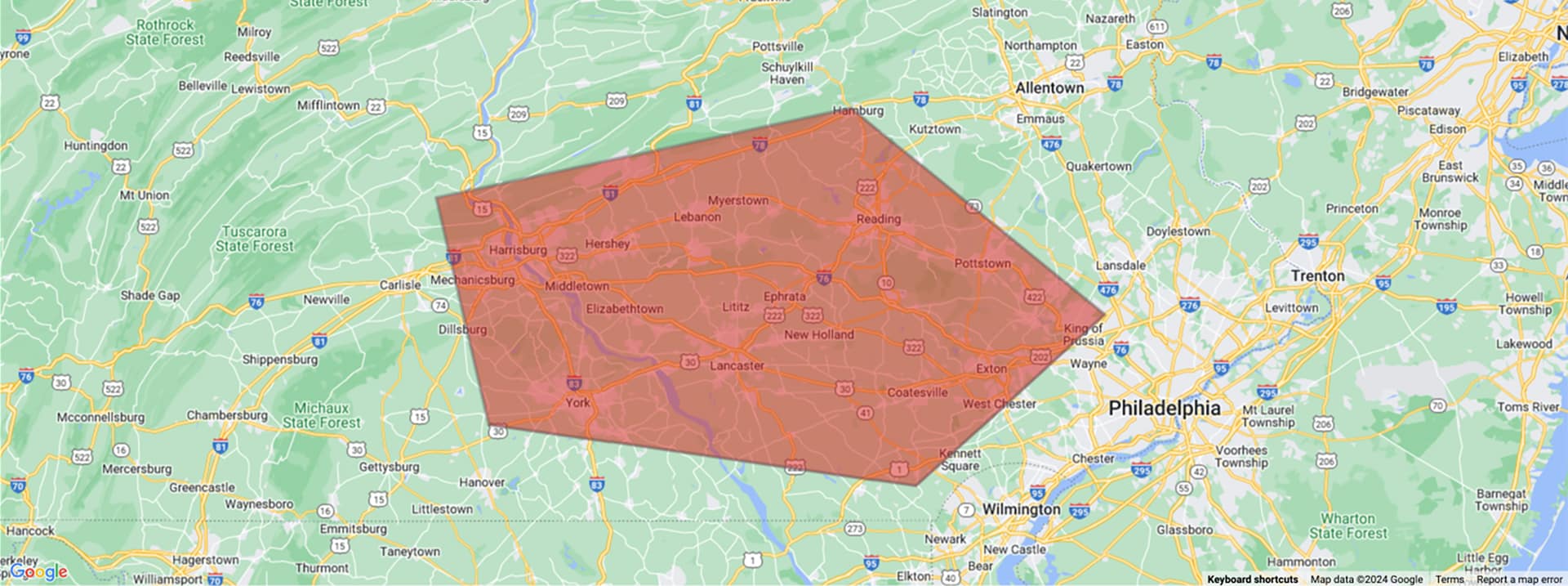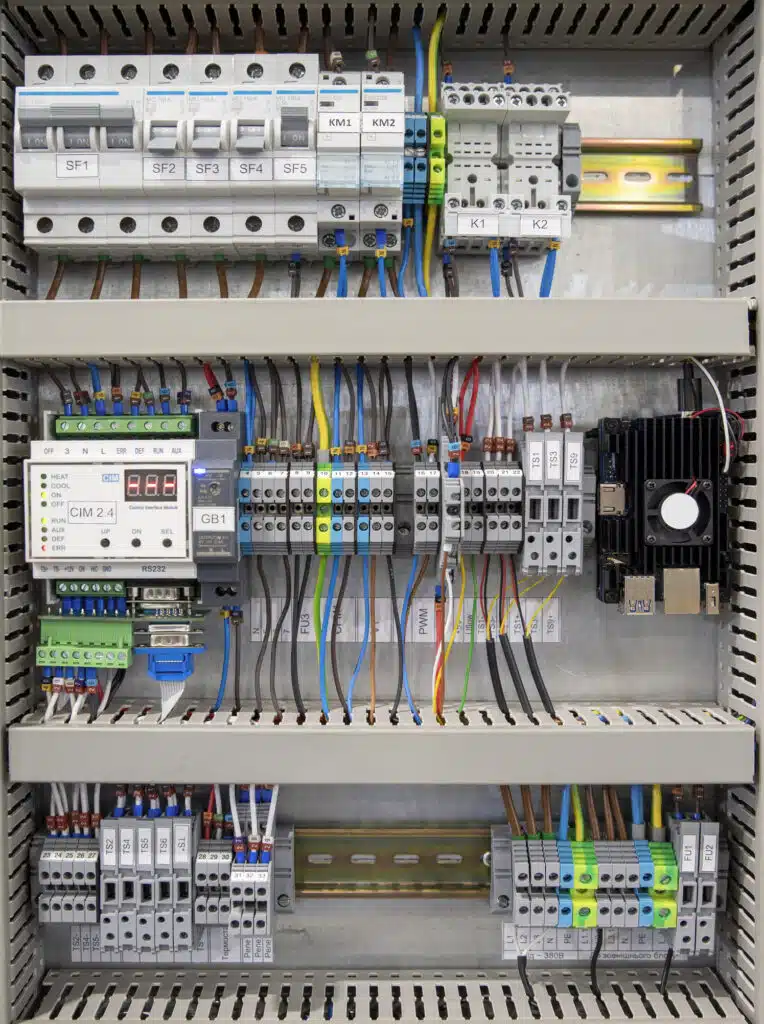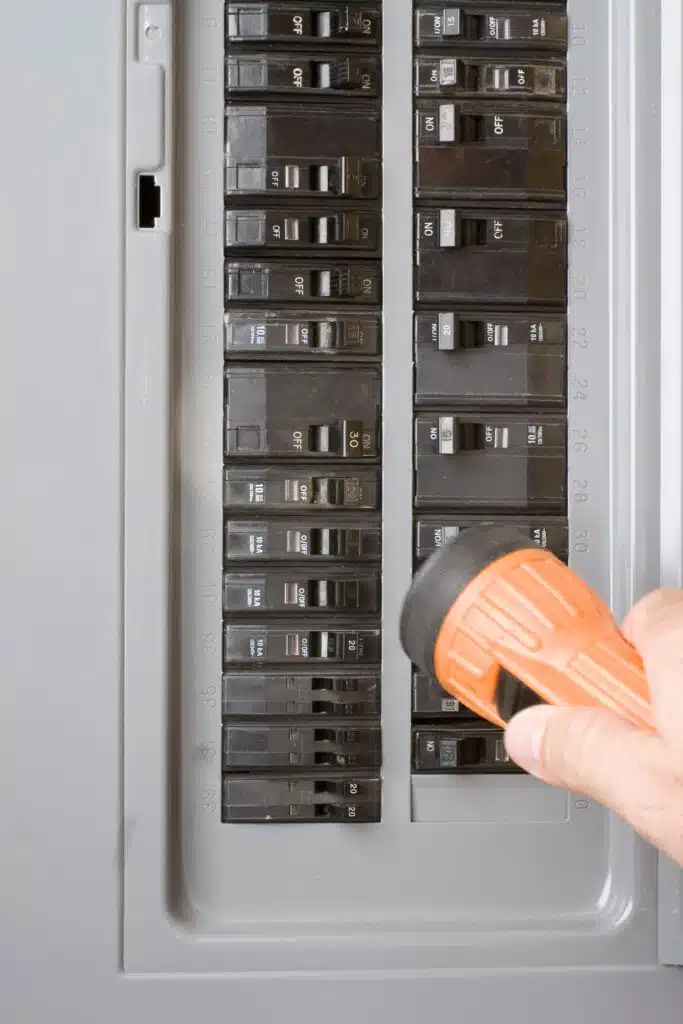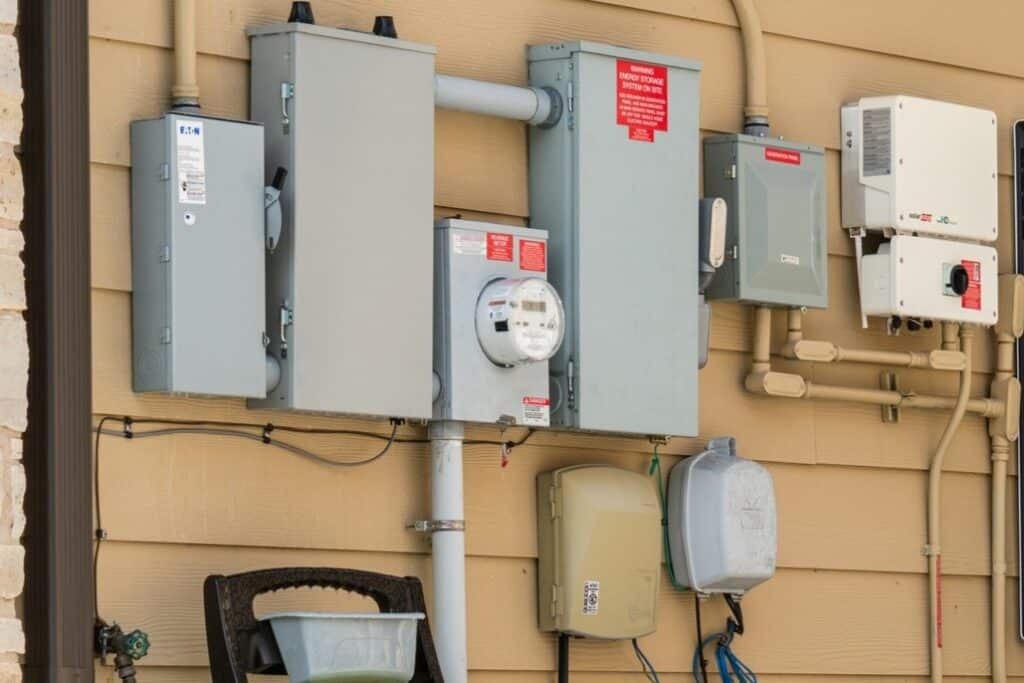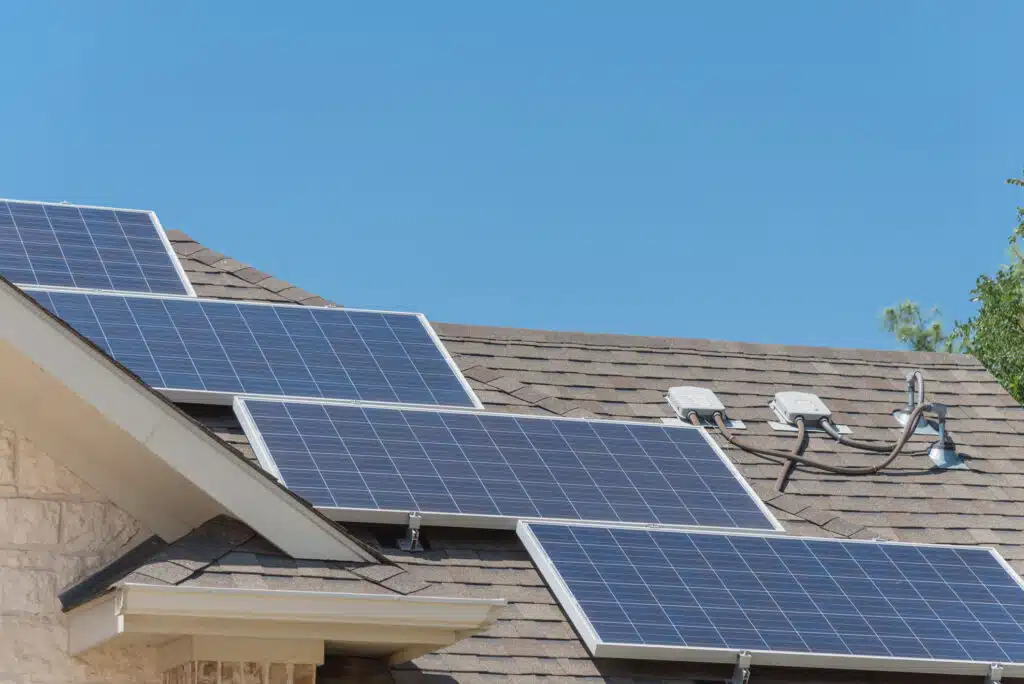Proper electrical insulation is essential for reducing energy consumption and ensuring the safety and reliability of electrical systems. By preventing the unintended flow of electricity, insulation minimizes energy loss and protects components from damage.
Electrical insulation significantly enhances energy efficiency by maintaining consistent energy transmission, reducing heat generation, and protecting equipment from voltage fluctuations.
This article explores the role of insulation in improving energy performance, outlines the different types of insulation, and highlights the key benefits for homes and businesses.
What Is Electrical Insulation?
Electrical insulation refers to materials specifically designed to block or resist the flow of electrical current. This capability ensures that electricity remains within the intended path, such as a wire or cable, without escaping into surrounding areas.
Without insulation, electrical systems would be unsafe and highly inefficient, leading to energy waste and potential hazards. It is a fundamental component of any electrical system, from the smallest home appliances to large industrial power grids. By keeping energy contained, insulation makes electrical systems safer and more reliable for daily use.
Purpose of Electrical Insulation
The purpose of electrical insulation is to ensure the safety and efficiency of electrical systems by preventing energy loss and protecting against overheating or electrical hazards. It acts as a barrier that directs electrical current through wires and cables while preventing it from escaping into the surrounding environment.
Proper insulation reduces the risk of fires, electrical shocks, and system malfunctions caused by energy leakage or short circuits.
Additionally, it improves energy efficiency by minimizing unnecessary power loss, which can lead to significant cost savings. Insulation not only ensures safety but also enhances the durability and performance of electrical systems over time.
Common Materials
Electrical insulation is made from a variety of materials, each chosen for its ability to meet specific needs in different applications. Rubber is widely used due to its flexibility and excellent insulating properties, making it ideal for wiring in homes and industries.
Plastic, such as PVC, is lightweight, affordable, and versatile, and commonly used in residential electrical systems. Ceramic is heat-resistant and often used in high-temperature or high-voltage situations, such as power transformers and industrial equipment.
Fiberglass provides durability and resistance to heat and corrosion, making it suitable for harsh environments. These materials are essential for ensuring the safe and efficient operation of modern electrical systems.
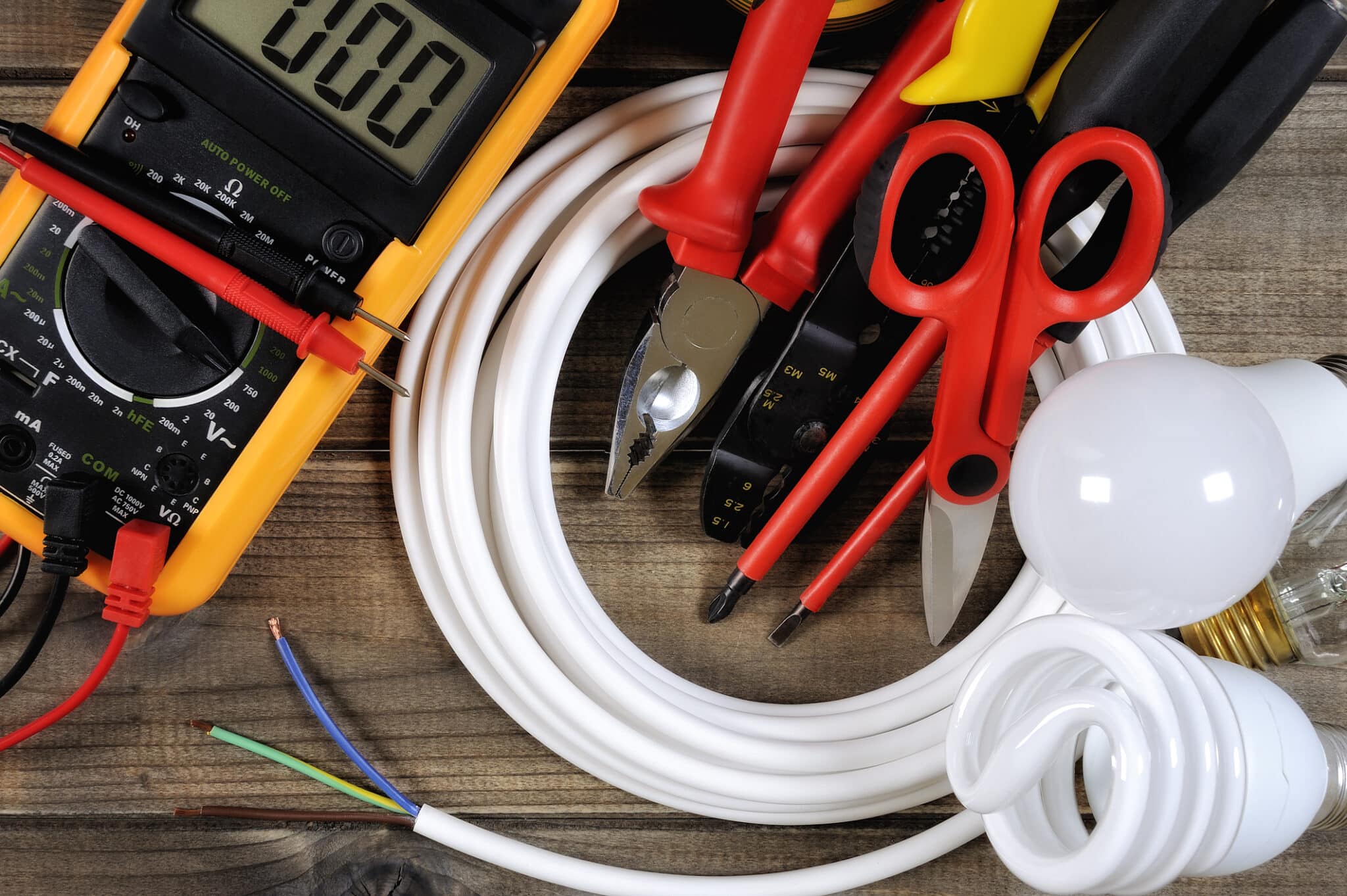
How Electrical Insulation Enhances Energy Efficiency
Minimizes Energy Loss
Electrical insulation is essential for preventing the leakage of electrical current, ensuring that energy travels efficiently from its source to its destination. When wires and cables are properly insulated, there’s minimal resistance or energy loss along the way.
This results in more consistent power delivery, which is especially important for homes and businesses relying on stable electricity. Without insulation, electricity can escape, causing inefficiencies that increase energy consumption and costs.
By keeping energy on its intended path, insulation helps maximize the performance and reliability of electrical systems.
Protects Equipment
Electrical insulation serves as a protective barrier that shields systems and devices from power surges, voltage fluctuations, and other electrical stresses. When systems are unprotected, they’re more prone to damage caused by irregular energy flow, leading to expensive repairs or replacements.
Insulated wires and components ensure that appliances and equipment operate under optimal conditions without unnecessary wear and tear.
This level of protection also reduces the likelihood of downtime, keeping everything running smoothly. Over time, well-insulated systems save money by reducing the need for frequent maintenance or upgrades.
Promotes Longevity
One of the biggest benefits of electrical insulation is that it increases the longevity of electrical systems and devices. By preventing energy loss, heat damage, and electrical surges, insulation minimizes the wear and tear that can degrade systems over time.
Insulated wires and cables are less likely to corrode or deteriorate, which means they require fewer replacements.
This long-term durability translates to lower maintenance costs and fewer disruptions in service. For homeowners and businesses alike, the extended lifespan of insulated systems provides both financial and operational advantages.
Types of Electrical Insulation
Wire Insulation
Wire insulation is the most common type of electrical insulation, designed to cover individual wires and protect them from external damage or energy loss. Materials like PVC and Teflon are often used because they are durable, flexible, and resistant to heat and chemicals.
This type of insulation prevents short circuits by keeping wires from coming into contact with one another. It also ensures a steady flow of electricity while reducing the risk of shocks or malfunctions. Wire insulation is critical for maintaining safe and efficient power in residential, commercial, and industrial settings.
Thermal Insulation for Cables
Thermal insulation for cables is designed to handle high temperatures, making it an essential feature for systems exposed to heat or heavy energy loads. These insulators, often made from materials like silicone or fiberglass, ensure that cables remain stable even in demanding conditions.
They help maintain consistent energy transmission while protecting the integrity of the cables from heat damage. In industrial settings, thermal insulation plays a vital role in preventing energy waste and extending the lifespan of the system. By managing heat effectively, this type of insulation enhances both safety and performance.
Insulating Sleeves
Insulating sleeves are protective coverings used to shield electrical cables from harsh environmental conditions, such as moisture, chemicals, or abrasion. Typically made from materials like rubber or silicone, these sleeves provide an additional layer of protection for cables that are exposed to the elements or mechanical stress.
They are especially useful in industrial applications where cables are subjected to frequent movement or rough conditions. Insulating sleeves not only protect against wear and tear but also improve energy efficiency by ensuring stable energy transmission. Their durability makes them an important choice for long-term electrical system reliability.
Dielectric Insulation
Dielectric insulation is a specialized type of insulation used in electrical components like capacitors, transformers, and circuit breakers. It works by preventing the flow of electrical current between components, allowing systems to store and transfer energy efficiently.
Materials like ceramic, glass, and certain polymers are commonly used due to their excellent insulating properties. This type of insulation is critical in managing high-voltage applications, where precise control of energy flow is essential. By maintaining stability and reducing energy loss, dielectric insulation plays a key role in optimizing the performance of complex electrical systems.
The Role of Professional Electricians in Ensuring Proper Insulation
Identifying Insulation Needs
Professional electricians play a vital role in assessing electrical systems to determine if the insulation is adequate or needs improvement. They have the expertise to spot areas where energy loss or safety risks might occur due to outdated or damaged insulation.
Whether it’s residential wiring or industrial equipment, electricians evaluate the unique requirements of each system to ensure optimal performance. They can also recommend upgrades or modifications to meet modern energy standards. This careful assessment helps prevent potential hazards and improves the overall efficiency of the system.
Installing High-Quality Materials
Using high-quality insulation materials is essential for safe and efficient electrical systems, and professionals ensure that only industry-standard materials are installed. They have access to specialized materials suited for different applications, from household wiring to high-temperature industrial cables.
Proper installation is critical because even the best insulation materials can fail if applied incorrectly. Electricians ensure that the insulation fits perfectly and meets the specific requirements of the system, providing long-lasting protection. This attention to detail prevents issues like energy leakage or overheating.
Regular Maintenance
Regular maintenance performed by professionals ensures that insulation remains intact and performs effectively over time. Wear and tear can occur due to environmental factors or prolonged use, but routine inspections can catch these issues early.
Electricians check for cracks, frays, or other signs of damage and make repairs or replacements as needed. Maintenance also includes testing the electrical system to verify that it operates within safe and efficient parameters. Scheduled upkeep not only extends the life of the insulation but also enhances the safety and reliability of the entire system.
Benefits of High-Quality Electrical Insulation
Improved Energy Efficiency
High-quality electrical insulation significantly reduces energy loss by keeping electricity contained within the system. By preventing current leakage, insulation ensures that energy is used more effectively, resulting in consistent power delivery.
This efficiency translates to lower energy consumption and decreased utility bills for both homes and businesses. Whether in a small home or a large industrial setting, proper insulation makes energy use more streamlined and cost-effective. It’s one of the simplest ways to maximize the output of your electrical systems while minimizing waste.
Enhanced Safety
Safety is one of the most important benefits of proper electrical insulation. Insulation prevents exposed wires from causing electrical shocks, fires, or other dangerous situations. By acting as a protective barrier, it ensures that electricity flows only through its intended path, reducing the risk of accidents.
In older systems, upgrading insulation can significantly improve safety, especially if the existing materials have deteriorated over time. For homeowners in Lancaster, York, or Harrisburg, proper insulation offers peace of mind, knowing that their electrical systems are well-protected.
Environmental Impact
Energy efficiency isn’t just good for your wallet—it’s good for the planet too. High-quality electrical insulation helps reduce energy waste, which in turn lowers the overall demand for power production. This reduction in energy use contributes to a smaller carbon footprint, supporting sustainability efforts.
For residents and businesses in regions like Lancaster, York, and Harrisburg, using less energy is an easy way to help protect the environment. By improving insulation, you’re not only making your electrical systems better but also contributing to a greener future.
Signs Your Electrical Insulation Needs Attention
Visible Damage
One of the clearest signs that your electrical insulation needs attention is visible damage such as cracks, frays, or discoloration on wires or cables. Over time, electrical insulation can wear out due to age, heat, or physical stress, leaving the underlying wires exposed.
This damage compromises the safety and efficiency of your electrical systems and increases the risk of electrical shocks, fires, and system malfunctions.
Even minor wear in the electrical insulation should be addressed immediately to avoid more significant problems. Regularly inspecting your wiring for visible signs of deterioration in the electrical insulation is an essential part of maintaining a safe and efficient electrical system.
Frequent Power Fluctuations
Frequent power surges, flickering lights, or appliances behaving unpredictably could signal problems with your electrical insulation. When the electrical insulation is compromised, electricity can escape from its intended path, disrupting the flow of power.
Poor electrical insulation not only wastes energy but can also damage sensitive equipment like computers, televisions, or appliances.
Addressing these insulation problems can help stabilize your power supply and protect your devices. For homes and businesses in areas like Lancaster, York, or Harrisburg, fixing issues with electrical insulation promptly is crucial for maintaining reliable power.
Overheating Components
Overheating is a common sign of insulation failure. When insulation degrades, electrical components are exposed to greater resistance, which generates excess heat. This can cause wires, outlets, or devices to feel unusually warm or even emit a burning smell.
Ignoring these warning signs increases the risk of electrical fires and equipment damage. Proper insulation helps regulate heat and ensures the safe operation of your electrical systems. If you notice overheating, it’s important to have your insulation checked by a professional immediately.
Increased Energy Bills
A sudden spike in your energy bills without a clear explanation could indicate that your electrical insulation isn’t performing as it should. Poor insulation leads to energy loss, meaning more electricity is needed to power your home or business.
This inefficiency drives up costs and puts unnecessary strain on your electrical system. Identifying and fixing insulation issues can help restore efficiency and bring your energy bills back down to normal levels. Upgrading insulation is a smart investment that pays off through long-term energy savings.
Tips for Maintaining Electrical Insulation
Schedule Regular Inspections
One of the best ways to maintain your electrical insulation is by scheduling regular inspections with a professional electrician. Over time, wear and tear can cause the electrical insulation to crack, fray, or degrade, compromising its effectiveness. Routine inspections help identify these issues early before they escalate into major problems.
A professional electrician can check for weak points in the electrical insulation and recommend repairs or replacements as needed. Regular maintenance not only extends the life of your electrical insulation but also ensures the safety and efficiency of your electrical systems.
Replace Damaged Wiring
Damaged wires are a major sign that your insulation needs attention. Worn-out or frayed materials can lead to energy loss, overheating, or electrical hazards. Upgrading to newer, more durable materials ensures that your wiring operates efficiently and safely.
Replacing damaged components also reduces the risk of short circuits or fires, making your system more reliable. Taking prompt action can save you money on future repairs and keep your home or business running smoothly.
Use Proper Materials for Specific Applications
Different systems require specific insulation materials to function properly. For example, high-temperature environments need heat-resistant coatings, while high-voltage systems demand materials that can withstand electrical stress.
Using the wrong type of insulation can result in inefficiencies or even safety hazards. A professional electrician can help you choose the right materials for your particular needs, ensuring optimal performance and protection.
Avoid Overloading Circuits
Overloading circuits not only strains your electrical system but also accelerates wear and tear on its protective components. When circuits handle more electricity than they are designed for, they can overheat, causing damage over time.
Distributing the electrical load evenly and upgrading older systems to meet higher demands can prevent this issue. Avoiding overloads is a simple yet effective way to maintain system efficiency and safety.
Power Up Your Home’s Efficiency Today!
Don’t let poor insulation drive up your energy bills or risk your safety. At Mister Sparky of Lancaster, we’re here to help homes and businesses in Lancaster, York, and Harrisburg, PA, achieve top-notch energy efficiency and safety.
Our professional electricians ensure your system is protected with high-quality insulation solutions. Call today to schedule an inspection and take the first step toward a safer, more efficient electrical system!

Frequently Asked Questions (FAQ)
1. How does electrical insulation improve energy efficiency?
Electrical insulation minimizes energy loss by preventing electricity from escaping its intended path. It also reduces heat generation and ensures that systems operate more efficiently, saving energy and lowering costs.
2. What are the most common materials used for insulation?
The most common materials include rubber, plastic, ceramic, and fiberglass. Each material is chosen based on its ability to withstand specific conditions, such as heat, moisture, or electrical stress.
3. How often should insulation be inspected?
Residential systems should be inspected every 3-5 years, while commercial systems may require more frequent checks depending on their usage and load demands. Regular inspections help identify wear and tear before it leads to larger issues.
4. Can damaged insulation cause electrical hazards?
Yes, damaged or worn-out insulation can lead to energy leakage, overheating, and even electrical fires. Addressing these issues promptly is crucial for maintaining the safety of your home or business.
5. What are the benefits of upgrading old insulation?
Upgrading outdated insulation improves energy efficiency, enhances safety, and reduces maintenance costs. It also ensures compliance with modern energy standards and prolongs the lifespan of your electrical systems.






